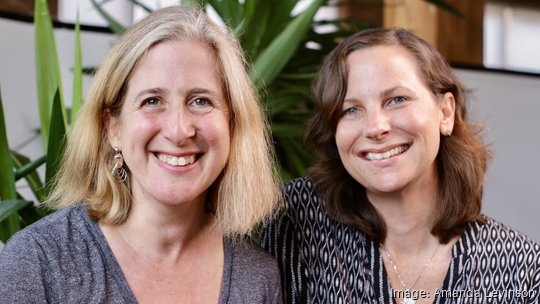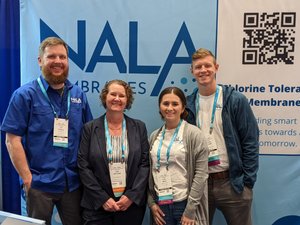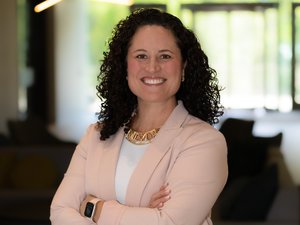
Needslist, whose initial concept sounds a lot like Amazon Wish List, but for entrepreneurs, took a major pivot in 2018 – completely rebuilding its software from scratch to solve a much bigger problem.
For Needslist, now a revenue-generating startup based in Durham, it paid off.
In a conversation with Triangle Inno, Amanda Levinson, who co-founded the company seven years ago, talks through the bet – and why she made it, even though the business already had customers.
Levinson has always had an interest in service and grassroots organizing. One of her first moves was to start a nonprofit. And it was that commitment to impact that led her to grad school for public policy.
It was around the time when social networking apps were starting to take off, and companies were hungry for ways to leverage the technology to achieve their business goals. Levinson took a pivot, working with organizations advising them on how to leverage technology for good. Over the years it meant a variety of different projects, from marketing to design. She worked with government organizations, nonprofits and mission-driven organizations, “trying to figure out how they can best use technology.”
But it wasn’t until she and her co-founder, Natasha Freidus, were volunteering during the height of the Syrian refugee crisis that the work led to a startup. Freidus was on the ground in France, helping refugees as the exodus from Syria was happening. Levinson was in Philadelphia, working with volunteers shipping resources overseas.
“We just knew from our backgrounds there had to be a better way,” Levinson said. “We basically started from a very basic idea of what if we could create like a wedding registry for humanitarian aid?”
The idea became the first iteration of Needslist. If an organization working with refugees had specific needs, they could post their list through the platform and share it with their supporters, who would then either donate cash or purchase items – which would be delivered to the nonprofit.
“We created a very basic website to test the proposition of – would organizations use it, and would donors be responsive… it turns out they really did,” Levinson said.
It was a B2C product – nonprofits connecting with individuals.
Then came the pivot.
Levinson, in North Carolina because she took on a professor role at Duke University, saw the devastation of Hurricane Florence in 2018. She was working to get local disaster response organizations to use the software – but it turns out they weren’t looking for a wish list.
“They said, ‘We actually need something where we can capture the needs as well as the offers,’” Levinson said. “It was like a lightbulb moment for us. We pivoted the software to be a real-time needs and resources matching software.”
While it seems like an easy decision now with the rise of competitors to the recent concept – such as Amazon Wish List, at the time it was a risk.
“It definitely felt scary at the time,” Levinson said. “It was like, oh my gosh, we have to rebuild our software.”
“We just had to take the leap of faith and do it,” she said.
Now a B2B product, Needslist matches organizations – those that have a need and those offering a service or resources. The product is a white label software platform. Organizations like Welcome.US, which connects potential American sponsors with those seeking refuge from places such as Ukraine and Cuba, license the software.
Levinson said Needslist, which has raised $1 million from impact investors, has been running off of its own revenue for years.


